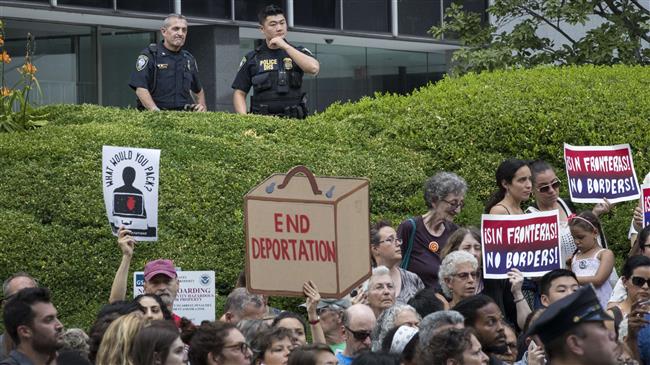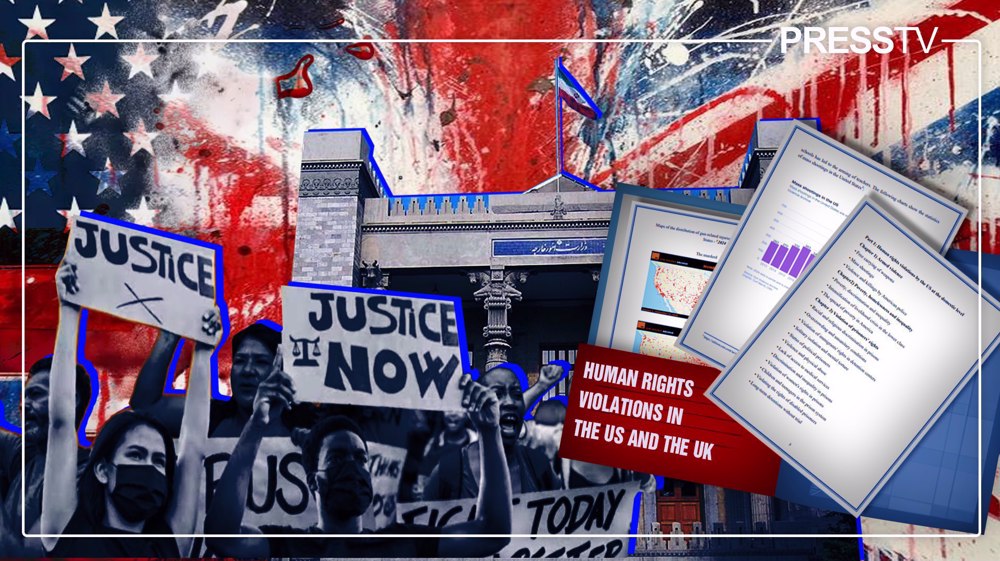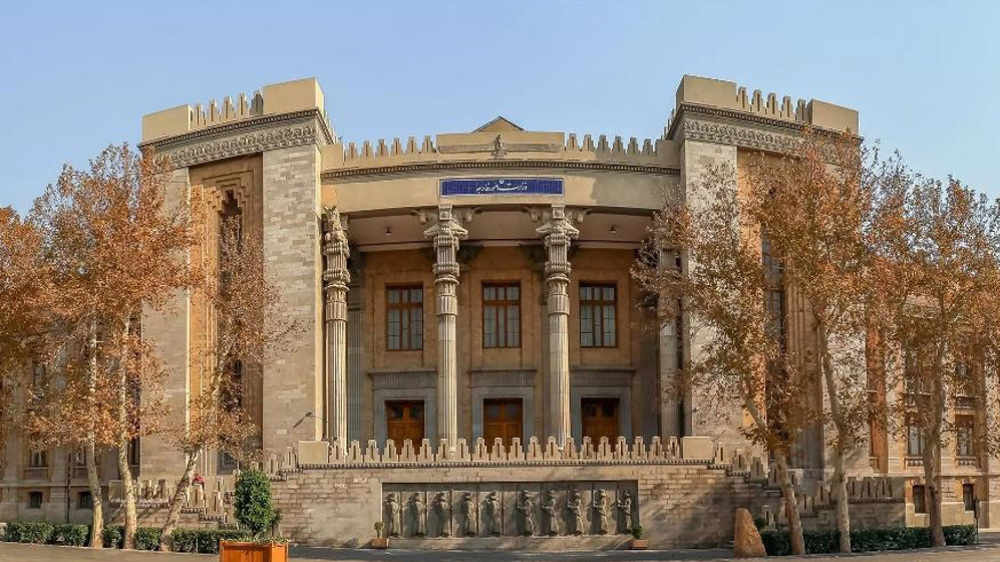Trump administration aims to sharply restrict green cards for immigrants
Under a new proposal from the administration of US President Donald Trump, immigrants in the United States who get government benefits like housing vouchers or food stamps could be denied a green card, which are granted to legal permanent residents.
The US Department of Homeland Security (DHS) said Saturday that under the proposed rule change, being a current or previous recipient of certain public aid would be seen as a "heavily weighed negative factor" in considering an application for lawful permanent residency.
"This proposed rule will implement a law passed by Congress intended to promote immigrant self-sufficiency and protect finite resources by ensuring that they are not likely to become burdens on American taxpayers," Homeland Security Secretary Kirstjen Nielsen said.
DHS officials say that once the proposed rule is published in the Federal Register "in the coming weeks," the clock will start on a 60-day public review period in which the public can comment on the proposal.
Immigrants applying for green cards are already required to prove they will not become a so-called "public charge," namely individuals who are likely to become primarily dependent on the government for subsistence.
Trump has pledged to make immigration to the United States more difficult, and reduce the number of people allowed to stay in the country.
The latest rules set out a wide range of non-cash public benefits that could be disqualifying, including food stamps, housing vouchers and the Medicare Part D Low Income Subsidy which helps with prescription costs.
DHS estimated the rule would affect just over 382,200 immigrants applying to adjust their status to lawful permanent residents each year.
The rule would primarily affect legal immigrants or people seeking to come to the US legally, as undocumented immigrants are already ineligible for most means-tested public benefits.
In a report released in June that examined the potential effects of the immigration rule, the Migration Policy Institute warned many immigrants and their families may forgo benefits and services for which they are eligible "out of fear of real or perceived immigration consequences."
Advocates also expressed fears that immigrant families could find themselves having to choose between a united family and accessing necessities.
"(The rule change) places wealth over family, denying ordinary working families a place in America," said Olivia Golden, executive director of the Center for Law and Social Policy, an organization based in Washington that advocates for policies that improve the lives of low-income people.
Trump has made his hard-line stance on immigration an integral part of his presidency and has promised to build a wall along the US-Mexican border to curb the flow of migrants from Mexico and Central America.
Relentless Israeli ceasefire violations justify need for self-defense: Lebanese MP
Tel Aviv tells Damascus Israeli forces will remain in occupied territory: Report
Dec. 22: ‘Axis of Resistance’ operations against Israeli occupation
‘Abhorrent’: Oxfam says only 12 trucks delivered aid in North Gaza since Oct.
VIDEO | Leader receives religious eulogists on Hazrat Fatima birth anniv.
Pope Francis slams Israel’s ‘machine-gunning’ of Gaza children
US hostage-taking of Iranian nationals violation of intl. law: Deputy FM
VIDEO | Carol Singers for Palestine on London’s Parliament Square











 This makes it easy to access the Press TV website
This makes it easy to access the Press TV website